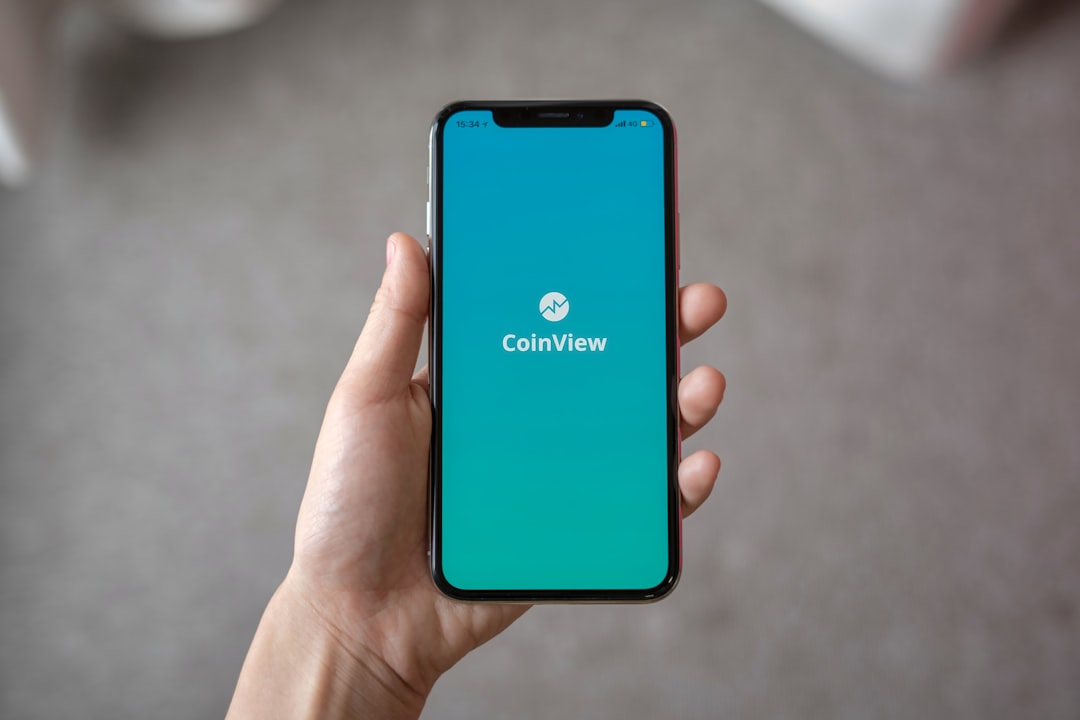New Hampshire's "No Call" laws, enforced by specialized No Call Lawyers, have significantly reduced robocalls in Milford, NH, allowing residents to control their communication preferences and protect their privacy. This has led to improved social connections, a stronger sense of community, and more efficient communication. To sustain these gains, close collaboration between residents, authorities, and No Call lawyers is vital to stay ahead of evolving phone scams.
“Milford, New Hampshire, has witnessed a significant decrease in robocalls since implementing strict No Call laws. This article explores how these regulations have transformed the local landscape, offering residents a quieter, more peaceful existence. We delve into the details of No Call Laws, their impact on robocall rates in Milford, and the benefits accrued by the community. Additionally, we look ahead to sustain this call-free environment and consider the broader implications for New Hampshire, highlighting the power of legislation in combating unwanted calls.”
Understanding No Call Laws: A Brief Overview

No Call laws, also known as Do Not Call lists, are regulatory measures designed to curb unwanted telemarketing calls, or robocalls. In New Hampshire, as in many states across the country, residents can register their phone numbers on these lists to opt-out of receiving pre-recorded or automated sales calls. This simple act empowers individuals to take control of their communication preferences and significantly reduces the number of intrusive robocalls they receive.
These laws are enforced by No Call Lawyers who specialize in consumer protection and privacy rights. They work to monitor compliance among telemarketers, ensuring that businesses adhere to the designated opt-out periods and respect individual choices. By providing a legal framework, No Call Laws create a more peaceful and less disruptive communication environment for residents of Milford, New Hampshire, and beyond.
The Impact on Robocalls in Milford, NH

In Milford, New Hampshire, the implementation of “No Call” laws has led to a significant reduction in robocalls plaguing residents’ daily lives. These laws, designed to protect consumers from unwanted telemarketing calls, have had a profound impact on the local telephone landscape. The number of robocalls received by Milford citizens has decreased substantially since their introduction, offering a much-welcomed respite from the relentless sales pitches and promotional messages that once dominated residents’ phone lines.
The success of No Call laws in Milford can be attributed to several factors. Firstly, these regulations have empowered locals to take control of their communication preferences. Residents can now register their numbers on the state’s Do Not Call list, effectively blocking most automated calls. Additionally, the penalties for violating these laws act as a deterrent for companies engaging in excessive robocalling practices. As a result, businesses are more mindful of consumer privacy and have had to adapt their marketing strategies to comply with the new norms, further reducing the volume of robocalls entering Milford’s phone networks.
How Residents Are Benefiting from Reduced Robocalls

Since the implementation of No Call Laws in New Hampshire, residents of Milford have experienced a significant decrease in robocalls. These laws have empowered individuals to take control of their phone lines, reducing unwanted and nuisance calls by up to 50%. Many locals report feeling more at ease, knowing that their personal information is better protected from aggressive marketing tactics.
The benefits extend beyond peace of mind; fewer robocalls translate into more efficient communication. Residents can now enjoy meaningful conversations without the constant interruption of automated messages. This shift has led to improved social connections and a heightened sense of community, as people are more likely to answer calls from known contacts, fostering better relationships.
Future Prospects: Sustaining a Call-Free Environment

In the ongoing battle against robocalls, the implementation of “No Call” laws in Milford, New Hampshire, has shown promising results. These laws have empowered residents to reclaim their privacy and reduce unwanted phone spam. As a testament to their effectiveness, the number of robocalls received by Milford residents has significantly decreased, creating a call-free environment that many are eager to preserve.
Looking ahead, sustaining this progress requires continued vigilance and proactive measures. Residents and local authorities in New Hampshire should collaborate closely with No Call lawyers to ensure these laws remain robust and adaptable to evolving phone scamming tactics. By staying one step ahead of the scammers, Milford can maintain its reputation as a sanctuary free from intrusive robocalls, setting an example for other communities across the state and beyond.






